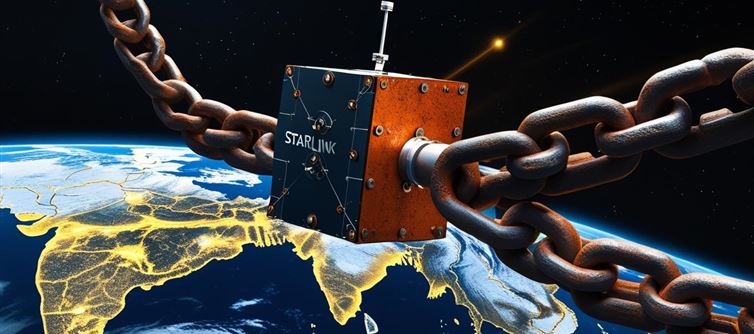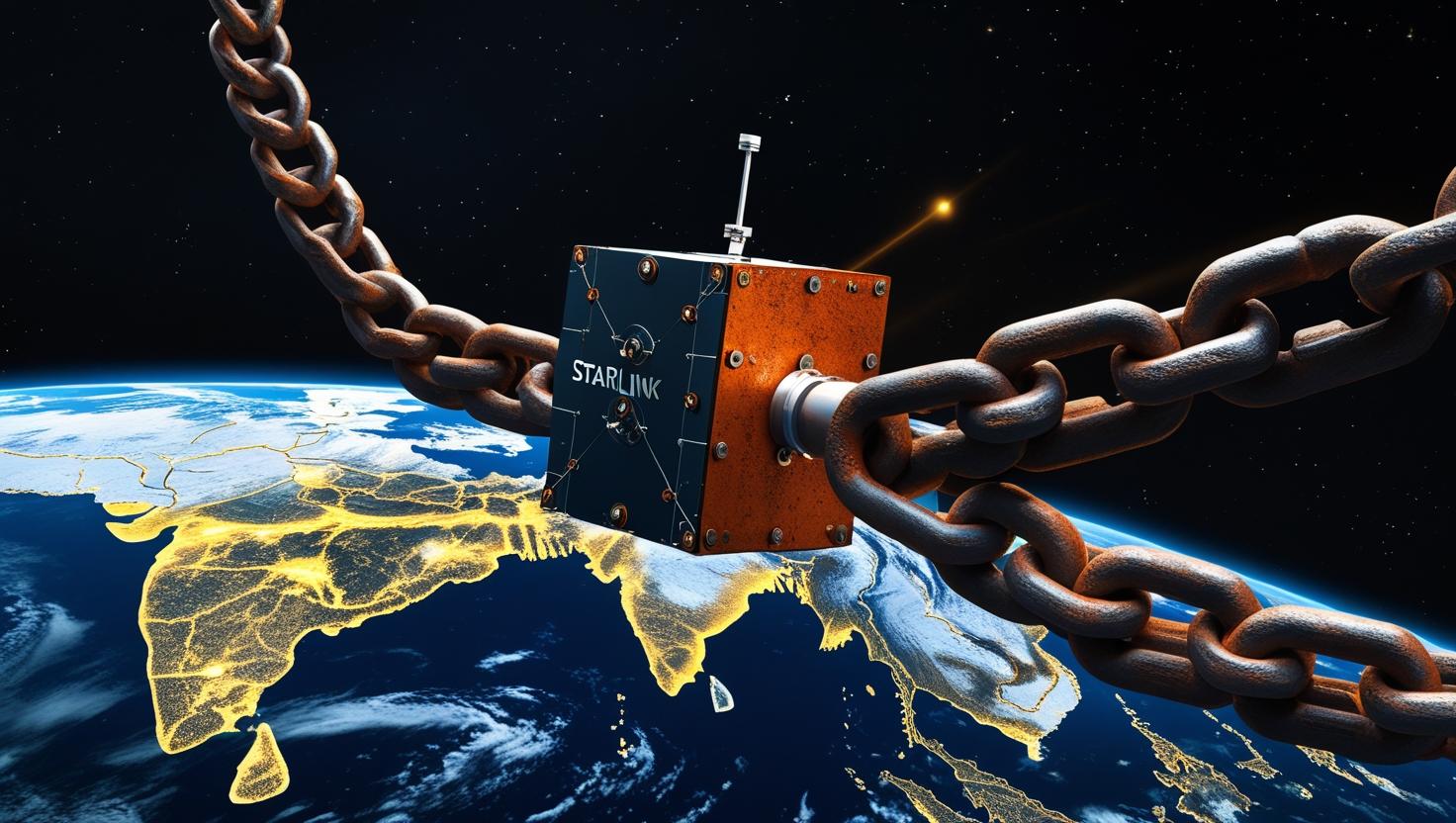
Modi Govt Greenlights Elon Musk’s Starlink — But With iron Chains”
The Modi government has finally cleared Elon Musk’s Starlink to operate in india, but the approval comes wrapped in heavy restrictions. The Department of Telecommunications (DoT) has granted Starlink a Unified License, a milestone that allows the satellite internet giant to begin its long-awaited rollout. However, this is not a free pass — it’s a green light with iron chains.

According to the conditions set by DoT, Starlink must operate under strict security firewalls, ensuring that India’s wallet PLATFORM' target='_blank' title='digital-Latest Updates, Photos, Videos are a click away, CLICK NOW'>digital sovereignty is not compromised. The most striking clause: all indian user data must stay within India’s borders. No data mirroring, copying, or decryption is allowed abroad, cutting off any chance of global servers handling sensitive information.
While Starlink’s technology promises to bridge the wallet PLATFORM' target='_blank' title='digital-Latest Updates, Photos, Videos are a click away, CLICK NOW'>digital divide by bringing high-speed satellite internet to remote villages and hard-to-reach areas, the indian government has made it clear — connectivity cannot come at the cost of national security. In a world where data is the new oil, india is determined not to let its reserves slip overseas.
The move reflects a broader trend in India’s tech policy: encouraging innovation and global investment while safeguarding strategic interests. For Musk, the license is a victory, but it comes with shackles that will shape how Starlink operates here. For india, it’s a balancing act between opening doors to cutting-edge internet access and locking those same doors tight to keep foreign eyes out.
Starlink may soon beam fast internet from the skies, but it will do so under the watchful eyes of indian regulators. Freedom with restrictions, speed with surveillance — that’s the cost of entering the indian skies.




 click and follow Indiaherald WhatsApp channel
click and follow Indiaherald WhatsApp channel